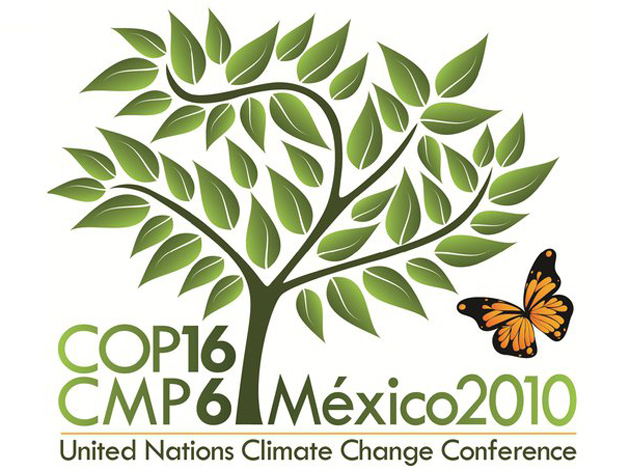Legal clinic assists small island states at UN Climate Change Conference
Open gallery

Faculty and students from the International Environmental Law Project are providing legal assistance to 11 Pacific Island states at the United Nations Climate Change Conference in Cancun.
Erica (Thorson) Lyman, IELP clinical professor, along with six law students, are blogging about their firsthand experience at the conference where public leaders, legal experts, and advocates from countries from the around the world have gathered to discuss climate change issues. The United Nations Climate Change Conference is being held November 29 to December 10.
In her latest post, Lyman describes the pros and cons to the consensus-building approach being used with greater frequency in creating international environmental law.
“Without doubt, consensus-based decision-making has hamstrung progress within the climate change regime,” Lyman writes. “No bit of text is finalized until it has been agreed by consensus, and, as you can well imagine, with the serious stakes of the climate change negotiations, reaching consensus is no easy feat, especially on some of the most key questions—for instance, the nature of the developed countries’ mitigation target.”
Through IELP, law faculty and students help public interest environmental lawyers in developing countries create new laws or strengthen existing laws by providing legal memoranda on international and domestic legal issues. For example, the work of students has helped win cases in Bangladesh (arguing that fishermen were owed lost wages as a result of the World Bank-sponsored Flood Action Plan) and Colombia (arguing that the discharge of pesticides into the sea created compensable damages).
Read this Chronicle feature to learn more about IELP’s work and leadership, or listen to this podcast interview with Lyman to hear about her work in Morocco to help customs officials understand the laws governing the exportation of Barbary macaques.
More Newsroom Stories
Public Relations is located in McAfee on the Undergraduate Campus.
MSC: 19
email public@lclark.edu
voice 503-768-7970
Public Relations
Lewis & Clark
615 S. Palatine Hill Road MSC 19
Portland OR 97219

